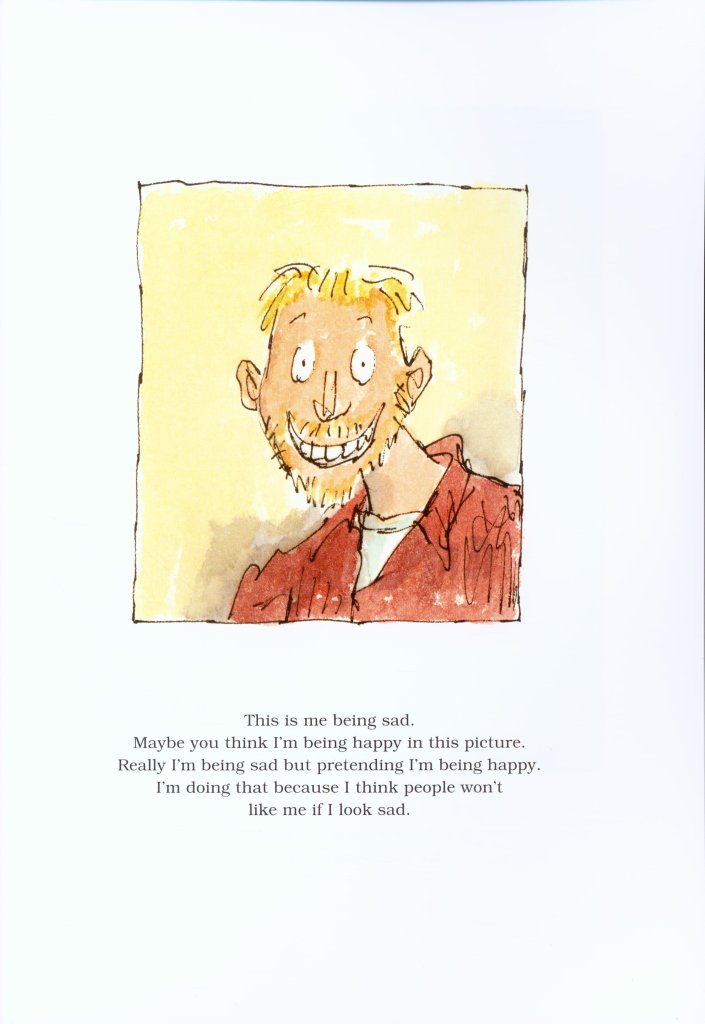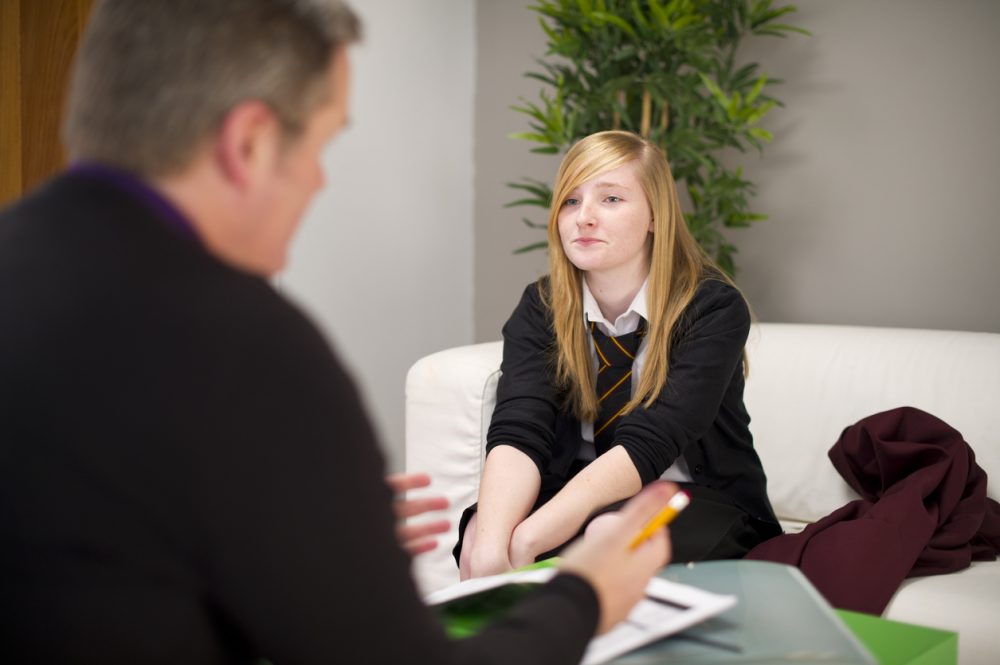Emily Chapman reflects on her experiences of anxiety and depression and calls for better understanding and support for children and young people with mental health difficulties and Sarah Hetrick, Co-ordinating Editor of Cochrane Common Mental Disorders responds.
Page last updated 20 February 2020 and last checked 19 April 2023
Over the past decade, I have had varying degrees of support and understanding regarding my mental wellbeing. In 2013, aged 14, I was diagnosed with depression and anxiety which enabled me to access services targeted at supporting young people to improve their wellbeing. I was being bullied and attending a large mainstream secondary school in the south of England where the culture was very much about academic attainment, especially as the school had been rated as ‘Special Measures’ by OFSTED. Pastoral care was minimal and when I did see the school counsellor, the room was tiny and cramped. The space was important to me and this space seemed like an afterthought, consolidating my fear that mental health was not a priority and that no one really cared.
I was blessed in having a music teacher who took on a pastoral role for me. Unfortunately, the majority of my teachers lacked understanding or empathy regarding mental health difficulties, with one of them even saying to me the day after my diagnosis was brought to her attention that she had asked all of my teachers and concluded that I was perfectly happy. People are quick to judge on appearances, even when what the person says reveals something very different. Michael Rosen in his ‘Sad Book’, alongside Quentin Blake’s powerful illustration, completely captures my experiences of this: “Really I’m being sad but pretending I’m being happy. I’m doing that because I think people won’t like me if I look sad.”

I would love to see this being shared more. Despite the moral panic surrounding young people’s mental health, there appears to be little in the way of training for teaching staff to support children and young people with mental health difficulties in education. This needs to change.
My experiences of mental health support at university have been mixed. In my first year, I faced the same comments of “you don’t look stressed!” from my tutor. However, I have since received brilliant support from my GP and the university counselling and support services. I am currently working with my counsellor to manage my mood through psychodynamic counselling and techniques from cognitive behavioural therapy, which I am finding very helpful.
All of us can do things to support children and young people’s mental wellbeing. Sometimes it can be as simple as offering to listen. Increasing people’s understanding of mental health difficulties and fostering an empathetic attitude, taking seriously the experiences and disclosures of children and young people, could be the beginnings of change. We can be that change.
Sarah Hetrick, Coordinating Editor of Cochrane Common Mental Disorders responds:
Thanks Emily for such a powerful and honest blog. Helping to provide evidence to support health decisions about children and young people’s mental health is a major priority for Cochrane Common Mental Disorders. Over the next five years we will expand the number of reviews we publish that tackle questions about children and young people’s mental health. To do this we have set up a satellite of our Cochrane ReviewCochrane Reviews are systematic reviews. In systematic reviews we search for and summarize studies that answer a specific research question (e.g. is paracetamol effective and safe for treating back pain?). The studies are identified, assessed, and summarized by using a systematic and predefined approach. They inform recommendations for healthcare and research. Group, which is based in Auckland, New Zealand. I am leading that Group along with the support of a number of experienced editors who are specialists in Youth Mental Health. But we want our new reviews to be shaped by people like you. To achieve this we have planned a series of priority setting activities over the next two years to co-produce, with young people, the questions our reviews ask. To start this process we are currently encouraging young people over 16, and anyone who supports young people’s mental health, to complete a survey.
Thanks again for sharing your story and in the future we hope our evidence can help inform the delivery of better health support for young people’s mental health whether that is at school, in the community or through healthcare providers.
Update February 2020: what happened next and what now?
Emily’s blog continues to be such a powerful reminder of how important it is that we listen, act in kindness, and provide support to young people, especially when they are brave enough to tell us that they are experiencing mental health difficulties. The Cochrane Common Mental Disorders Group Children and Young People Satellite have spent the last few months talking with young people in New Zealand, and Internationally (using online surveys) to explore what they think affects their mental health and what might help and support them. This work will help us decide where we, as a Satellite, should focus our efforts over the next few years.
So far, we have heard loud and clear that feeling safe and supported at school is key, after all, young people spend a lot of time there. Our collaborators @Wisdom2Action report on their work with @SMHO_SMSO on what young people say what they want from schools in the #HearNowON/ ONécoute project. Our work has also highlighted that family (and in New Zealand we talk about whānau as a way to indicate that family is broader than just our biological parents and siblings) are key and young people want their whānau to know more about mental health and how to support them.
Join in the conversation on Twitter with @CochraneUK or leave a comment on the blog.
Emily Chapman has nothing to disclose.



This heartfelt article offers a candid and poignant glimpse into the author’s personal journey with mental health challenges.
I’m so encouraged to see that you’re planning to work therapeutically with children and young people. Thanks for sharing information
Mental health for children and young people is crucial, and this blog captures the essence perfectly. Addressing this issue is of utmost importance, and the evidence-based approach highlighted here makes it even more impactful.
Thanks for sharing your experience/insights Emily. I’m so encouraged to see that you’re planning to work therapeutically with children and young people. I’m a counsellor in schools because I want to be a small part of the solution to the difficulties you have highlighted!
Brilliant blog Emily – thanks for sharing your perspectives – so helpful
What a great blog, Emily. You are so right. I used to be a teacher and despaired about the scarcity of resources to support young people’s mental health. Now it seems even CAMHS is underfunded and has unacceptably long waiting lists: it’s scandalous. It’s good to hear CCMD is going to do some work on this topic. Things must indeed change!